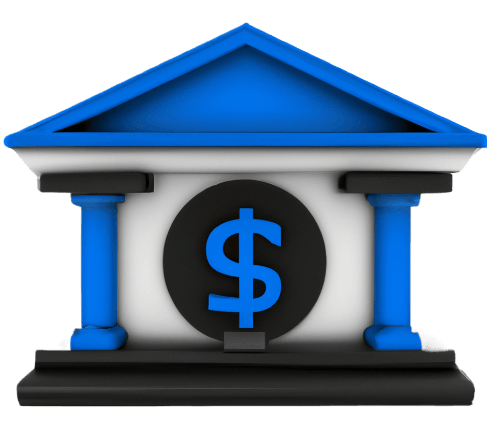Microeconomics
Microeconomics is the branch of economics that studies the behavior of individual economic agents and how they interact to form various markets. It examines the decisions made by consumers and producers, how they allocate their limited resources according to their possibilities, and how they relate to each other through the market mechanism.
Economic Units: Consumers and Producers
In microeconomics, economic units refer to businesses and consumers. Since both have limited resources, they must make decisions about their use. Consumers, constrained by their budget, decide which goods and services to consume to maximize their welfare. Meanwhile, businesses must decide what goods to produce, where to produce them, and which inputs to use in the process, aiming to minimize costs and increase profits.
The prefix "micro" is Greek for small, yet many of the entities studied in microeconomics are not small at all. The valuation and sales of some companies can surpass the Gross Domestic Product (GDP) of certain countries.
Price Theory
Microeconomics is also known as price theory due to the crucial role prices play. The actions of all buyers and sellers determine prices, which in turn influence the decisions and actions of individual buyers and sellers.
Optimizing Behavior of Individuals
Microeconomics assumes that individuals are rational and behave accordingly. As a result, they seek to optimize the economic welfare they can achieve, limited by the constraints of their resources. The optimizing behavior of consumers and producers determines three fundamental resource allocation decisions in society: which goods and services are produced, how they are produced, and who obtains them.
